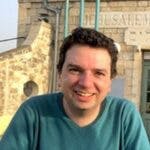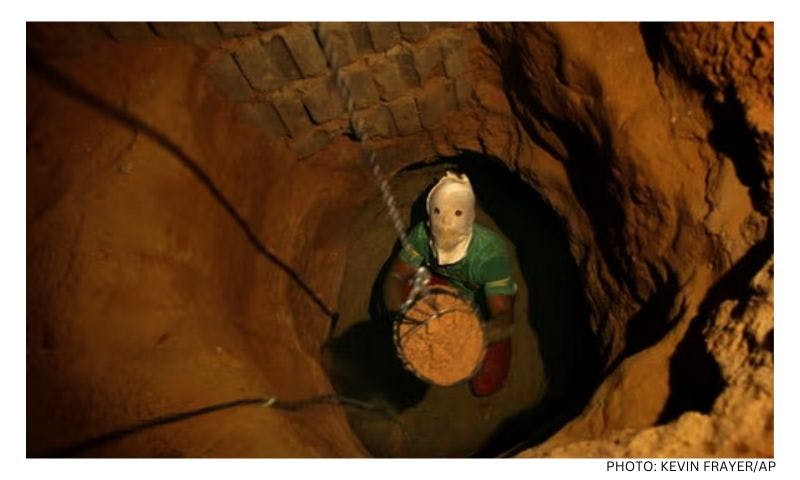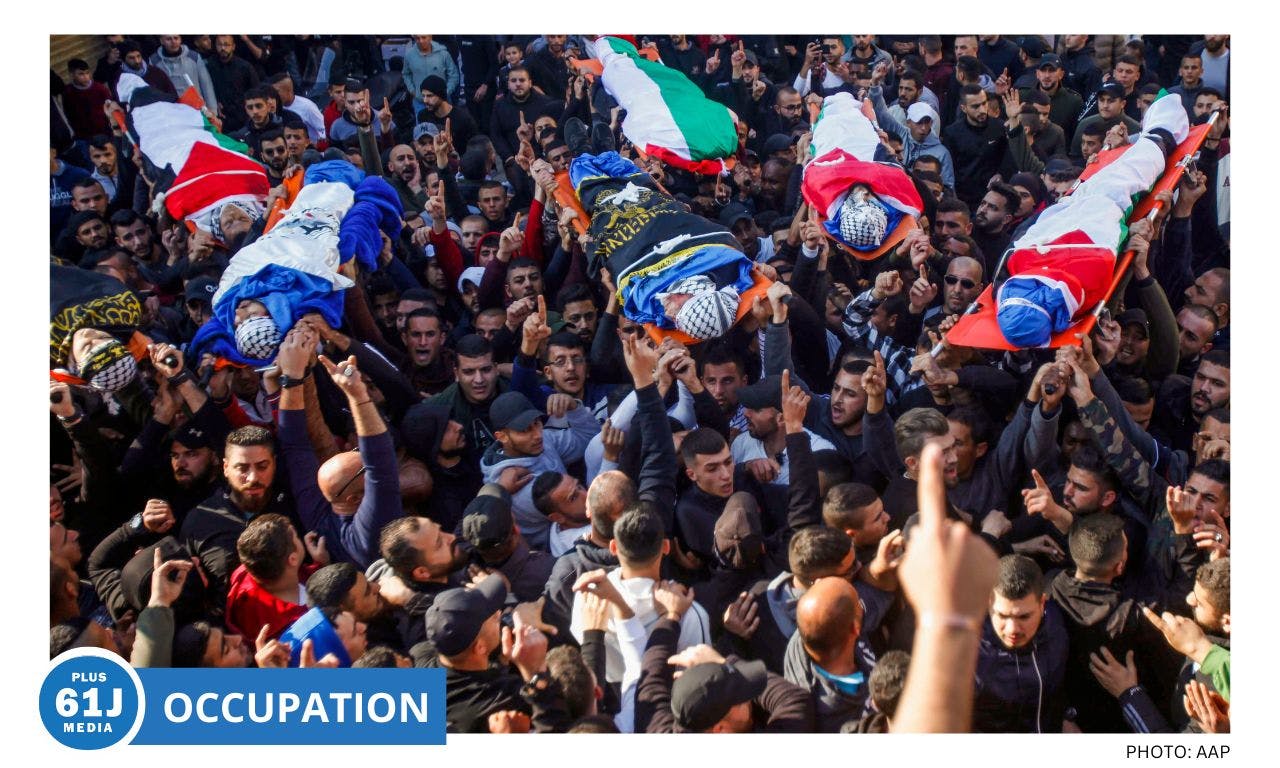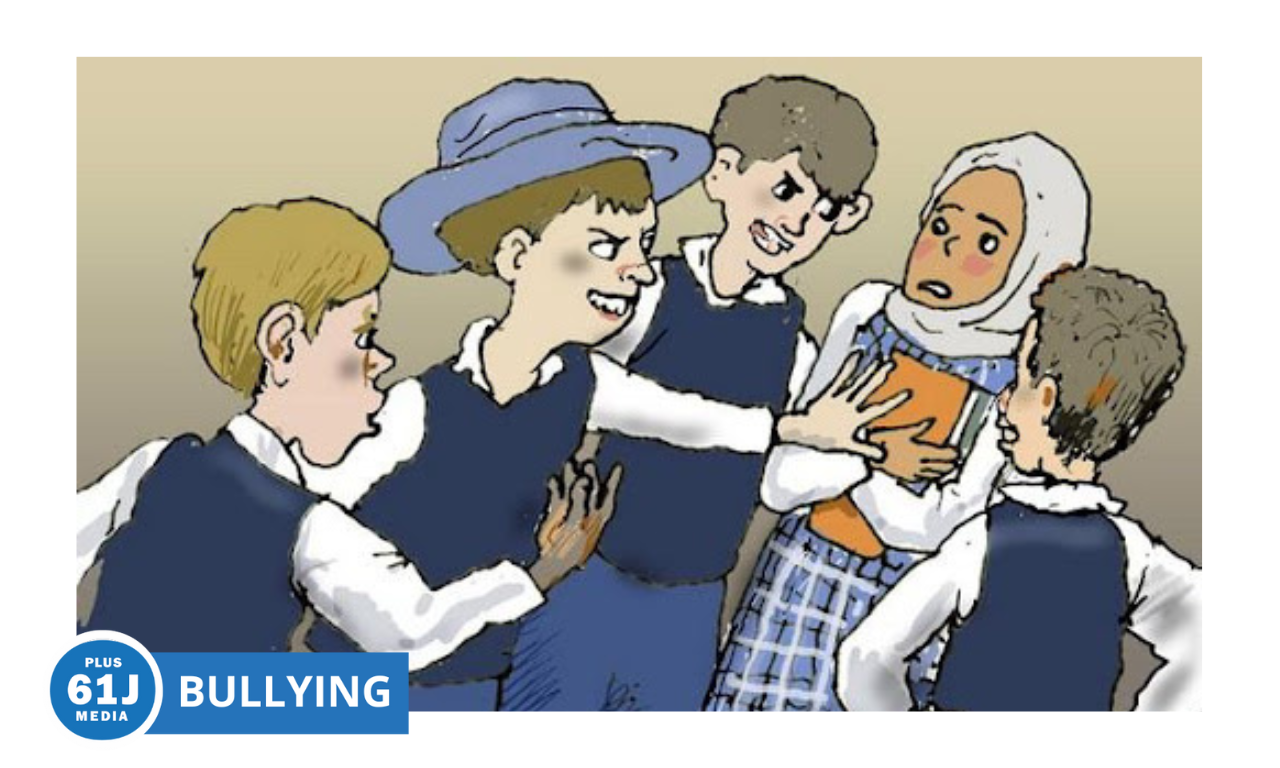Published: 19 November 2017
Last updated: 4 March 2024
Noa’s long-time musical collaborator Gil Dor, who performed on stage with her, responded: “Throughout my time in Australia, I was very impressed, day in day out, by one thing: the way everything starts here with acknowledgement.” Dor added that the primary idea the audience has to offer is “to teach that acknowledging our past does not mean we will need us to demolish Melbourne.”
Noa echoed this sentiment to an enthusiastic capacity crowd of 194 people packed into the David Williamson Theatre in Prahran, the third performance of her tour, saying there is a great fear in Israel that “if we recognise in any way that the Palestinian people exist, that there was a Naqba tragedy, we are delegitimising ourselves, justifying a desire to push us into the sea or send us back to the Nazis.”
She said that such thinking was mistaken because “there is an enormous power to recognition, and this is a power that is yet to be unleashed.”
In one of her most impassioned responses of the night, Noa expressed her dismay at the 2011 Naqba Law passed by the Knesset, which enables the state to fine local communities and other state-funded groups for holding events that mark what the Arab community calls the Nakba, which means catastrophe, referring to the creation of the Jewish state of Israel.
There is a great fear in Israel that if we recognise in any way that the Palestinian people exist, that there was a Naqba tragedy, we are delegitimising ourselves.
“This law is so horrible! To try and squash a person’s memory,” Noa exclaimed to the audience. “Look how important it is for us to remember the Holocaust, how many museums, centres and movies we have. But despite all of this, there are still deniers who reject our history. This memory is branded on my soul from the many Yom Hashoah commemorations in which I have taken part, reading hundreds of names.
“Why can’t we put ourselves in the shoes of the Palestinians and accept that they also have a tragedy,” she continued. “How dare we reject their tragedy. This is a horrible sin for the Jewish people to do. Acknowledging this doesn't mean we all have to go back to the crematoriums.”
Noa then outlined three steps to ending the conflict: “Recognise, Apologise, Share - recognising that no one’s history should be valued as less than the other, apologising and mourning the horrible things we have done to each other in the name of our ideals, and sharing the land, so that we can find a way to live in this place we both call home.”
[gallery columns="1" size="large" ids="15631"]
HEAR: Noa responds to an audience suggestion that Israel today has no partner for peace
The outspoken Israeli singer’s visit to Australia has been wrapped in controversy, with social media attacks falsely accusing her of being a BDS supporter. trying to smear her. This prompted Rabbi Gersh Lazarow from Temple Beth Israel to write an unprecedented open letter to the outgoing Israeli Ambassador Shmuel Ben-Shmuel.
The letter said that despite Noa’s achievements as an artist “there seems to be a vocal and ill-informed minority within the Australian Jewish community, who are choosing to focus on her politics and are putting forward spurious information about her and by extension my congregation being supporters of the BDS movement.”
Responding to the outpouring of hostility directed towards her, Noa noted that the people behind these attacks have a tendency to confuse criticism with negativity. “We criticise those we love,” she explained, and said she rejected the notion that being a chosen people means the Jews have to be perfect. “I think that we are not perfect. We are human, and to be human is to be intrinsically imperfect.
“Once we internalise the concept of our own beautiful imperfection, we will be much better off. The human quality of pointing out what is wrong and amending it, is one of the most beautiful things human beings can do.”
She concluded her point on this question by encouraging all those who have preconceived notions of the Palestinians as all being terrorists to visit the new city of Rawabi, so they could see for themselves how they have aspired to the same quality of life as Israelis as they build a new high-tech city full of innovation and architectural marvel in the heart of the West Bank.
Zionism today needs to be courageous enough to admit that on our way to fulfilling our dream, there were people hurt, and we will be brave enough to acknowledge this as a core part of our Zionism.
In response to a question from the audience about why the term Zionism is so important to her, she explained that “the original function of Zionism was like that of a mother to a child. It is a movement that gave birth to the state. Our state would have never happened if we relied on just Judaism to bring us here through the coming of moshiach (messiah).”
Since the birth of Israel, Noa explained, Zionism must redefine its role, in the same way that she as a mother must constantly redefine her role to her three children, the eldest to be serving in the IDF shortly. She said the aim of Zionism today must be focused on peace. “There is no other way to care for the wellbeing of our child, Israel, without peace.”
As for those who equate Zionism to Nazism or BDS supporters who boycott and protest her concerts in Europe, she rejects the notion that “any movement that has achieved something but has hurt others in the process is illegitimate” because “this applies to almost every movement in the world”.
Noa said she often writes to BDS supporters to explain that it is ridiculous that they should be boycotting such a staunch advocate for peace. She told the audience that the word “peace” is not mentioned anywhere in the BDS manifesto and that in a sense, “the BDS and the Israeli government are sometimes in a coalition, as both of them are taking us far away from peace”.
She concluded her comments by saying that Zionism today needs to be “courageous enough to admit that on our way to fulfilling our dream, there were people hurt, and we will be brave enough to acknowledge this as a core part of our Zionism. That’s why two states for two people is our only solution.”
Photos and audio: Ittay Flescher
RELATED
Israeli singer in tears after false BDS smear in Melbourne ahead of tour




